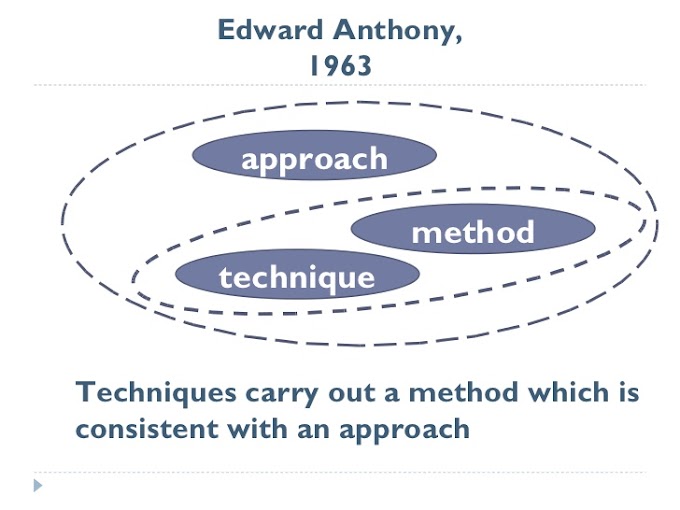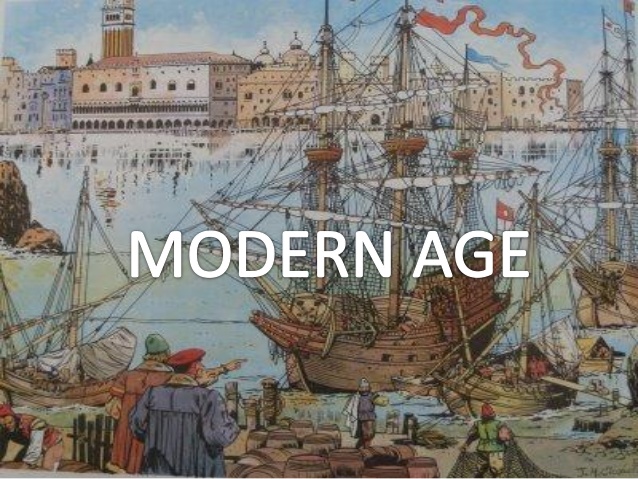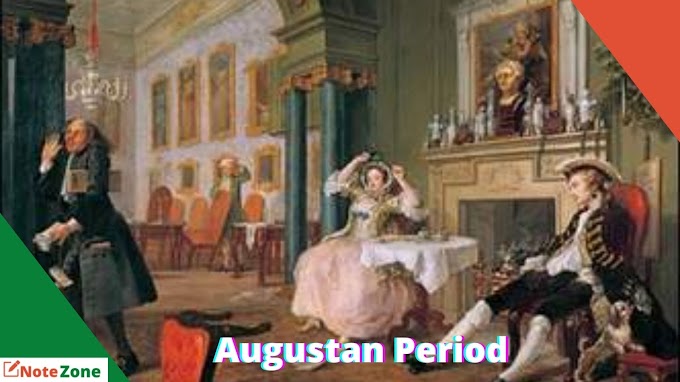Robert Browning's ‘The Patriot’ is a brilliant piece of dramatic verse. The narrator in the poem is a ‘patriot’ who was warmly welcomed home by crowds of people at the beginning of the poem. The patriot says that just a year ago when he entered the city, people welcomed him warmly and decorated his paths with roses and myrtles. He was glorified by the people because he performed heroic deeds for his nation. There was an immense gratitude in their sentiment and the patriot was overwhelmed with great honour and respect. The scene has been described by the patriot in this way:
“It was roses, roses, all the way,
nbsp; With myrtle mixed in my path like mad.
The house-roofs seemed to heave and sway,
The church-spires flamed, such flags they had,"
But after one year the context has radically changed and the reaction of the common people is completely the opposite. There is only hatred and disgrace in their attitude. Definitely a misunderstanding has occurred to them. The patriot has lost all the love, respect and favour of his people and is overwhelmed with utter humiliation. He is being taken to the scaffold to be hanged. There is nobody on the house-tops now. People are throwing stones at him and his forehead is bleeding. He describes:
“And I think, by the feel, my forehesd bleeds,
For they fling, whoever has a mind,
Stones at me for my year's misdeeds”
After all this treatment, the patriot, however, is optimistic and consoles himself that God will reward him in the afterlife for his services to the nation.
The Patriot is a wonderful example of how the common people may change their sentiment within a short time without any reason, and how their whole emotional reactions are sometimes drastically changed because of their misunderstanding. The poem also suggests that good deeds are not often rewarded or appreciated in this world. The people who have religious belief hope that they will be rewarded by God with paradise in the afterlife for their great deeds.
The analysis of the form of the poem The Patriot reveals that it is a dramatic monologue and the narrative is sequential. The focus is on personal experience. The phrases like “all allow” and the use of archaic words like ‘alack’, ’trow’ etc. Are noticeable. The fact that despite the treacherous fickleness shown by the mob, the patriot has still optimism that he would be safer in heaven, shows the poet's optimism and his belief in the afterlife. There is also a Biblical nuance in the lines “For they fling, whoever has a mind, stones at me...”
In the poem The Patriot, there are some visual and auditory images- the roses and myrtle flowers mixed like mad, the old walls rocking, the church spires flaming, the air breaking into mist with bells. In the beginning the tone of the poem is joyous which conveys the extent of joy of the celebration of the patriot's achievement. Then the tone shifts from the happy to the sorrowful revealing the misfortune of the patriot.





0 Comments